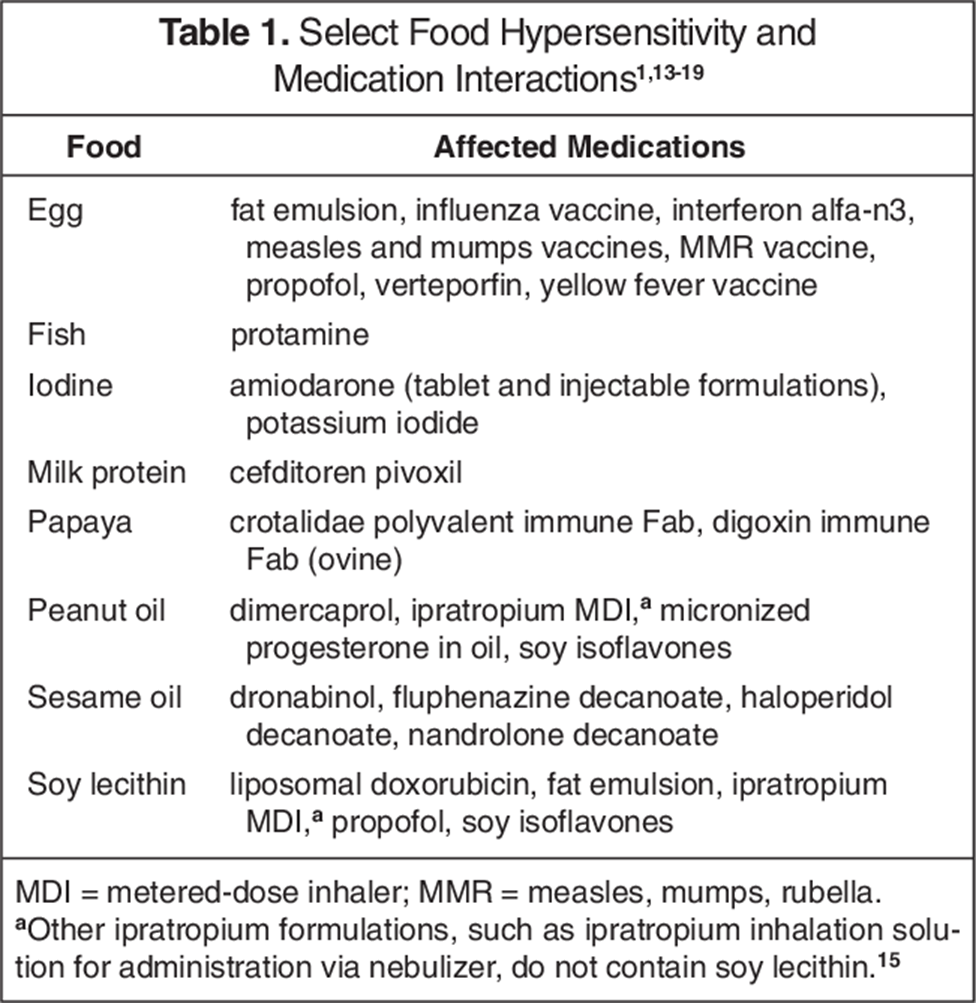A nurse is caring for a client who is receiving a 0.9% sodium chloride via IV infusion. The client has become dyspneic with a blood pressure of 140/100 mm Hg. a fluid intake of 960 mL, and an output of 300 mL in the past 12 hr. Which of the following actions should the nurse take?
Slow infusion rate and contact the provider.
Lower the head of the bed to semi-Fowler's.
Administer prescribed corticosteroids.
Change infusion to lactated Ringer's and maintain rate.
The Correct Answer is A
A. The client's dyspnea and elevated blood pressure may indicate fluid volume overload. Slowing the infusion rate and notifying the provider are appropriate actions.
B. Lowering the head of the bed may help with dyspnea but does not address the underlying cause of fluid overload.
C. Administering corticosteroids is not indicated based on the client's symptoms and situation.
D. Changing the infusion to lactated Ringer's may be appropriate, but slowing the infusion rate and assessing the client further are the priority actions.
Nursing Test Bank
Naxlex Comprehensive Predictor Exams
Related Questions
Correct Answer is B
Explanation
A. Shellfish has no known interactions with propofol.
B. Propofol, a commonly used anesthetic agent, contains egg lecithin as an emulsifier. Therefore, individuals with egg allergies are at risk of having an allergic reaction to propofol. It's essential for the nurse to identify this allergy to ensure the client's safety during the administration of anesthesia.
C. Strawberries do not interact with propofol.
D. Avocados do not interact with propofol.

Correct Answer is D
Explanation
A. Covering electrical outlets with tape may not be sufficient for safety and could pose a fire hazard. Safety covers designed for outlets are recommended.
B. Keeping the client's bedroom dark at night may increase confusion and disorientation. Soft lighting or nightlights are preferable.
C. While a calendar may be helpful, placing it in the client's bedroom may not be as beneficial as placing it in a common area where the client spends time during the day.Furthermore, amonthly calendar can be too complex for clients with Alzheimer’s disease, especially in the later stages. Simpler tools like a daily schedule or a weekly calendar are more effective.
D. A large-face clock can help the client orient to time and reduce confusion regarding the time of day.
Whether you are a student looking to ace your exams or a practicing nurse seeking to enhance your expertise , our nursing education contents will empower you with the confidence and competence to make a difference in the lives of patients and become a respected leader in the healthcare field.
Visit Naxlex, invest in your future and unlock endless possibilities with our unparalleled nursing education contents today
Report Wrong Answer on the Current Question
Do you disagree with the answer? If yes, what is your expected answer? Explain.
Kindly be descriptive with the issue you are facing.
